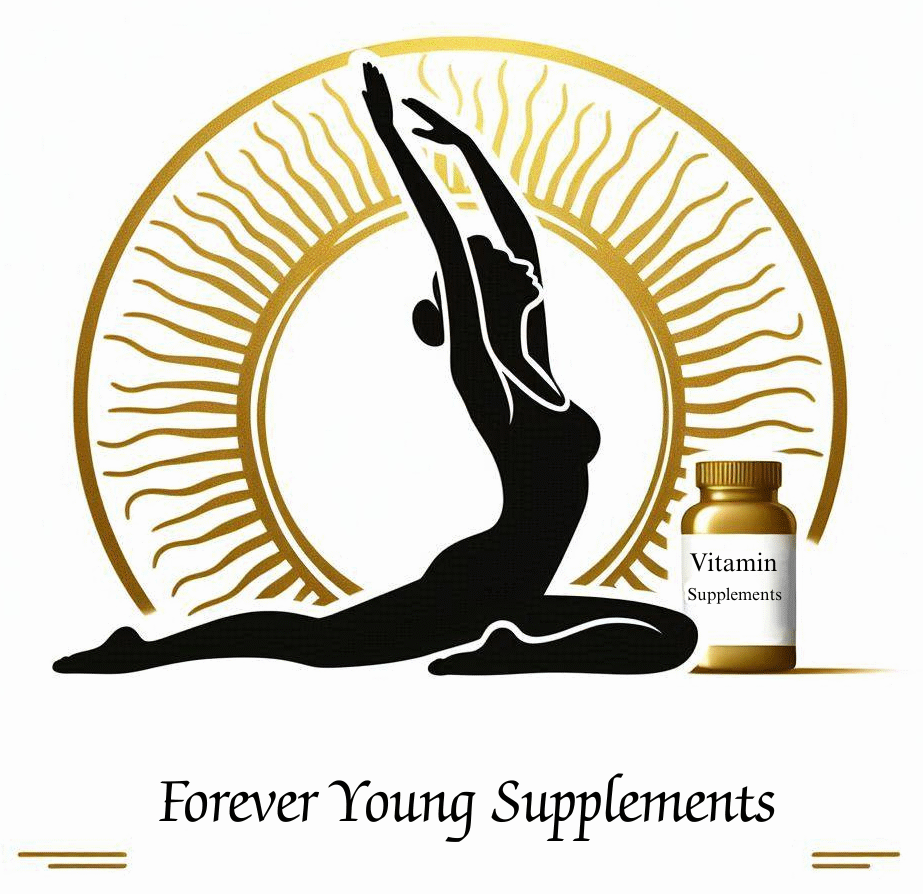Supplements For Seniors – What To Know Before You Buy
Introduction
As we age, our bodies undergo natural changes that can impact nutrient absorption, muscle mass, cognitive function, and overall vitality. While a balanced diet is the foundation of good health, many older adults turn to dietary supplements to support their nutritional needs and promote longevity.

But first, what exactly is a supplement?
- What is considered a supplement?
A supplement is any product taken orally that contains one or more ingredients such as vitamins, minerals, herbs, amino acids, or other substances meant to complement the diet. - What is the meaning of supplements?
The term “supplement” refers to something that enhances or completes something else. In the context of health, supplements aim to “supplement” what may be lacking in the diet. - What does a supplement do?
Supplements can fill nutrient gaps, support specific bodily functions (like immunity or bone health), and improve overall well-being when used appropriately. - What is the best definition of a supplement?
A dietary supplement is a product intended to add nutritional value to the diet. It can help maintain, support, or improve health, but it is not a substitute for a healthy diet or medication.
For seniors, supplements can be particularly valuable in maintaining energy levels, bone density, heart health, and cognitive function. But choosing the right supplements, and knowing how and when to use them, is essential for safe and effective support.
What Are Dietary Supplements for Seniors?
In seniors, dietary supplements often focus on age-related nutritional needs such as:
- Bone and joint health
- Cardiovascular function
- Cognitive support
- Immune resilience
- Energy metabolism
Supplements can come in the form of capsules, softgels, powders, or liquids. For older adults with difficulty swallowing pills, chewables or liquids may be preferable.
Why Seniors Use Supplements
Many seniors turn to supplements for the following reasons:
- Nutrient deficiencies: Absorption of key nutrients like Vitamin B12 and calcium decreases with age.
- Chronic health conditions: Supplements may help manage symptoms or support body systems affected by aging.
- Prescription medications: Some medications can deplete nutrients, necessitating supplementation.
- Dietary limitations: Reduced appetite, dental issues, or food intolerances can lead to imbalanced nutrition.
Types of Supplements Recommended for Seniors
a. Vitamins and Minerals
These are often the cornerstone of senior supplementation.
- Vitamin D: Supports calcium absorption and bone strength. Many older adults are deficient due to limited sun exposure.
- Calcium: Essential for bone density and preventing fractures.
- Vitamin B12: Vital for nerve function and energy, but absorption decreases with age.
- Magnesium: Important for muscle function and heart rhythm.
- Folate: Supports red blood cell formation and may help prevent cognitive decline.
b. Herbal and Botanical Supplements
Used for inflammation, sleep, and memory.
- Turmeric/Curcumin: Anti-inflammatory properties for joint pain and arthritis.
- Ginkgo Biloba: May support cognitive function, though evidence is mixed.
- Valerian Root or Chamomile: Popular for sleep and relaxation.
c. Protein and Amino Acid Supplements
Useful for preserving muscle mass and strength.
- Whey or Plant-Based Protein: Helps combat sarcopenia (age-related muscle loss).
- Collagen: May support joint and skin health.
d. Cognitive Support (Nootropics)
Brain health becomes a priority with age.
- Omega-3 Fatty Acids (EPA & DHA): Found in fish oil, supports brain and heart health.
- Phosphatidylserine: A compound that may aid memory and focus.
e. Immune Support
Aging weakens immune response, making support vital.
- Zinc: Supports immune function and wound healing.
- Vitamin C: Antioxidant that can shorten the duration of colds.
- Probiotics: Promotes gut health, which is closely linked to immunity.
How to Choose the Right Supplement
- Read the label carefully: Look for active ingredients, dosage, and serving size.
- Check for third-party certification: Look for NSF, USP, or ConsumerLab seals.
- Avoid “proprietary blends”: These can hide the actual amount of each ingredient.
- Consider bioavailability: Some forms (like methylated B12) absorb better.
- Consult your doctor or pharmacist: Especially if you take prescription medications.

Potential Risks and Side Effects
While supplements can offer benefits, they aren’t risk-free, especially for older adults.
- Medication interactions: For example, Vitamin K can interfere with blood thinners.
- Over-supplementation: Excess Vitamin D or calcium can lead to toxicity.
- Hidden ingredients: Some unregulated products may contain harmful or banned substances.
- Allergic reactions or GI upset: Especially with herbal blends or synthetic additives.
Always start with low doses and monitor your body’s reaction.
Common Myths About Supplements and Aging
- Myth: All seniors need supplements.
Fact: Not everyone requires supplements; a nutrient-rich diet may suffice for many. - Myth: Natural equals safe.
Fact: “Natural” supplements can still interact with medications or cause side effects. - Myth: More is better.
Fact: High doses of vitamins can be harmful. Moderation is key.
FAQs
Q: Can supplements reverse aging?
A: No, but they can help manage age-related symptoms and maintain function.
Q: Should I take a daily multivitamin?
A: A multivitamin may be helpful, especially if your diet is limited—but it’s not a substitute for real food.
Q: Are supplements covered by Medicare or insurance?
A: Generally no, but some specialized medical supplements may be partially covered with a prescription.
Expert Tips and Best Practices
- Take supplements with food to improve absorption and reduce stomach upset.
- Set a routine (e.g., morning or bedtime) to stay consistent.
- Keep a supplement log to track what you’re taking and avoid duplicates.
- Reassess your supplement stack every 6–12 months with your healthcare provider.
- Store in a cool, dry place, away from light and moisture.
Conclusion
Supplements can be a powerful tool for seniors looking to maintain vitality, prevent deficiencies, and support healthy aging. But they must be chosen carefully and used responsibly. They’re not magic pills, and they work best when combined with a nutrient-rich diet, regular movement, and routine medical care.
Whether you’re looking to strengthen bones, support memory, or just feel your best, speak with your healthcare provider about which supplements are right for you—and explore our detailed guides on individual supplements to make informed decisions.
